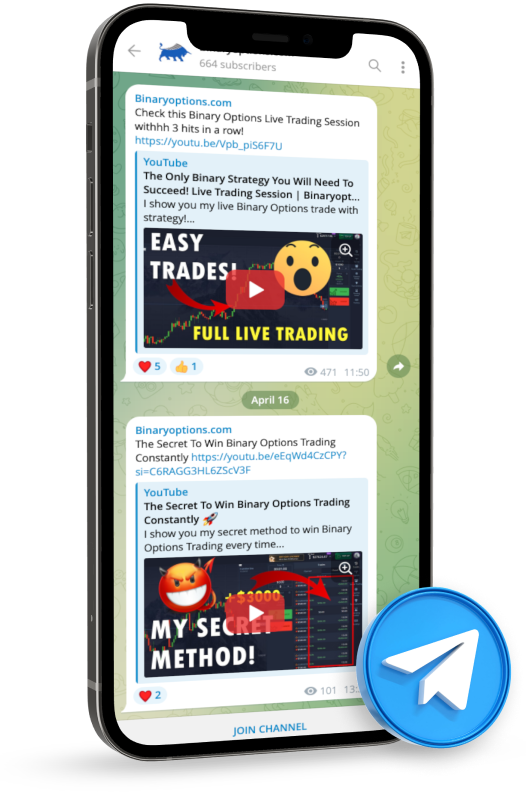A forward contract is a contract between two traders based on mutual agreement, which basically entails the purchasing or selling of an asset at a future point of time, decided in advance.
Hence, such contracts and derivatives are also sometimes referred to as futures. Still, these should not be confused with standard futures contracts, as these are highly elastic and advanced trading instruments.

Forward contract in a nutshell
- Forward contracts involve buying or selling assets at a predetermined future date.
- They are sometimes called futures but differ from standard futures contracts.
- Versatile financial tools for speculation or risk hedging.
- They operate Over-the-Counter (OTC), outside centralized exchanges.
What are Forward Contracts used for in the market?
Forward contracts are used as versatile financial instruments in the market, enabling traders to speculate on market movements or hedge against risks. While their use requires in-depth market research and fundamental analysis, uninformed trading can resemble gambling.

These contracts are highly customizable, allowing parties to tailor agreements to their specific trade requirements. Typically, they involve a buyer and a seller, facilitating agreements on terms such as commodities, quantities, delivery dates, and expiry times.
Forward contracts are particularly favored by larger entities such as banks, cooperatives, and insurance companies for hedging activities. Their flexibility offers extensive hedging opportunities, minimizing risks associated with market fluctuations.
Over-the-Counter Trading
Forward contracts operate outside central depositories, functioning as Over-the-Counter (OTC) instruments. In this decentralized system, trade validation relies solely on the agreement between buyer and seller, albeit within the framework of relevant regulations and laws.
Given their decentralized nature and limited regulatory oversight, forward contracts entail higher risks compared to traditional investments. Investors must navigate these risks diligently, relying on market knowledge and analysis to trade effectively.
Limited Accessibility
Forward contracts are primarily accessible to institutional investors such as banks and hedge funds, rather than retail investors. However, they offer unique opportunities for commodities traders seeking fixed-term or condition-dependent deals.
Extended Timeframes
Unlike Futures contracts, which typically operate on a short-term basis and get cleared daily, forward contracts can span months or even years in advance. This longer timeframe increases default risk but also provides opportunities for strategic positioning.
Niche Trading Options
For traders willing to hold positions over extended periods for guaranteed payouts, forward contracts present intriguing niche opportunities. However, successful trading requires a deep understanding of market dynamics and the ability to predict market movements accurately.
For example, people who trade in agricultural commodities or other commodities are highly susceptible to several variables. Such trading options which the Forward Contract provides are perfect for hedging against unfavorable outcomes of the market, as it enables you the option to bet against or in favor of the market.
Example: How do Forward Contracts work?

Forward contracts work by allowing two parties to agree on a fixed price for a future transaction, protecting both sides from price fluctuations. Let’s say a farmer expects to harvest wheat in six months, but worries about prices dropping. They enter a forward contract with a buyer to sell 1,000 bushels at $5 each in six months. This guarantees the farmer a fixed price, protecting against price drops, while the buyer secures a stable supply, hedging against price increases.
Here are three possible outcomes:
- Price remains the same: Both fulfill the contract at the agreed price, benefiting from stability.
- Price increases: The farmer benefits by selling at a higher price than the market rate.
- Price decreases: The buyer benefits by purchasing at a lower price than the market rate, while the farmer misses potential profit.
What are advantages and disadvantages of Forward Contracts in trading?
Forward contracts carry the benefit of being derivatives, and hence you do not need to actually buy commodities or assets to perform trades. This also means they provide higher leverages generally but come with a greater amount of risk as well, requiring more finesse and market know-how in order to successfully execute a profitable trade.
Forward contracts, while offering opportunities for hedging against future price fluctuations, come with inherent risks that both buyers and sellers must carefully consider. They lack transparency, making market size estimation difficult. They’re susceptible to defaults, especially in unregulated markets, leading to cascading failures. Unlike futures, settlements occur only on a specified date, adding non-standard complexities. Deviations between forward and spot rates heighten risk for financial institutions, increasing default potential.
- Derivative products: No need for direct purchase of commodities or assets
- Higher leverage
- Opportunities for hedging against future price fluctuations
- Flexibility in execution
- Lack of transparency
- Susceptibility to defaults
- Difficulty in estimating market size
- Non-standardized settlements
- Increased default risk due to deviations between forward and spot rates







